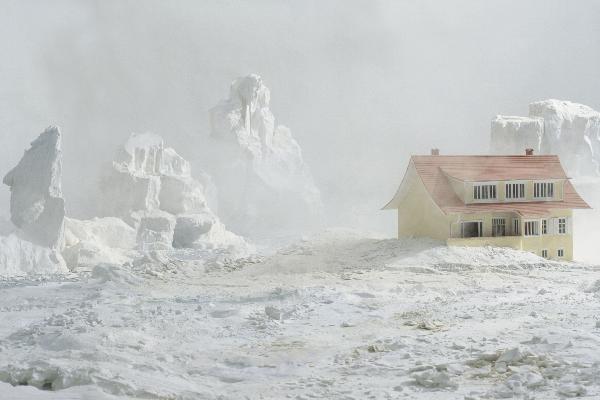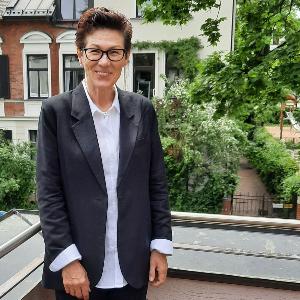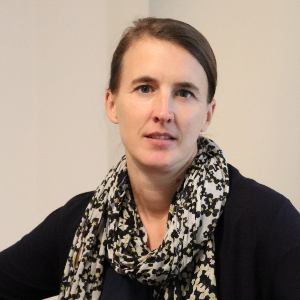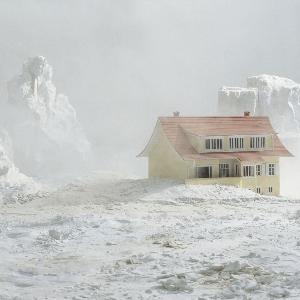
Policies for the Prevention of Conflict
The multitude of intra- and international violent conflicts of the present and recent past give rise to increasing concerns about political risks and international stability.
The multitude of intra- and international violent conflicts of the present and recent past give rise to increasing concerns about political risks and international stability. Growing pressure due to military threats and economic disruptions, triggered by ethnic tensions, fierce international resource and trade competition, the Sars-CoV-2 pandemic, and the increasingly noticeable effects of climate change, is progressively erupting in violent conflicts. Even in many hitherto stable democracies, for example in Europe or the USA, social tensions are growing and trust in the authority of the state and the law as the preferred instrument for conflict resolution and reconciliation of interests is dwindling.
The Research Focus Group based at CAS uses and develops advanced methods of statistics, computer science, natural language processing, artificial intelligence and remote sensing to support effective policies for conflict prevention, conflict resolution and sustainable development. The objective is to establish an applied Computational Conflict Research Centre for the development of policy solutions.
Working Group
- Prof. Dr. Göran Kauermann (Applied Statistics in Social Sciences, Economics and Business, LMU)
- Prof. Dr. Karsten Donnay (Zurich)
- Prof. Dr. Dominic Rohner (Lausanne)
- Prof. Dr. Gabriele Spilker (Konstanz)
- Prof. Dr. Xiaoxiang Zhu (Data Science in Earth Observation, TUM, DLR)
Advisory Board
- Prof. Dr. Timm Betz (Washington University in St. Louis)
- Prof. Dr. Stefan Feuerriegel (AI in Management, LMU)
- Prof. Dr. Lisandra Flach (ifo, Center for International Economics)
- Dr. Anna Kruspe (Data Science in Earth Observation, TUM)
- Dr. Marius Mehrl (Leeds University)
- Prof. Dr. Katrin Paula (Global Security and Technology, TUM)
- Prof. Dr. Barbara Plank (Center for Information and Language Processing, LMU)
- Prof. Dr. Niklas Potrafke (ifo, Center for Public Finance and Political Economy)
Visiting Fellows
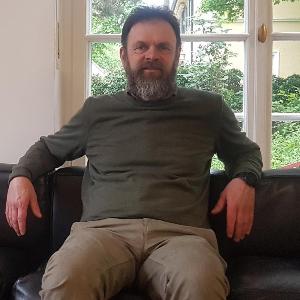
Uppsala University, Peace Research Institute Oslo
Peace and Conflict Research
Events
-
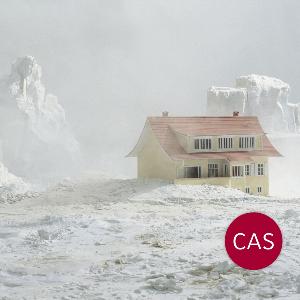 10 JunLunch Talk: Climate Change, Conflict, and Cooperation
10 JunLunch Talk: Climate Change, Conflict, and CooperationSpeaker: Prof. Vally Koubi, Ph.D. (ETH / Bern) | Chair: Prof. Dr. Miranda Schreurs, Ph.D. (TUM)
-
 10 MayAccounting for Uncertainty when Forecasting Armed Conflict
10 MayAccounting for Uncertainty when Forecasting Armed ConflictSpeaker: Prof. Håvard Hegre, Ph.D. (Uppsala) | Chair: Prof. Dr. Katrin Paula (TUM)
-
 15 FebThe Economics of Peace
15 FebThe Economics of PeaceLecture by Prof. Dominic Rohner, Ph.D. (Lausanne). Moderation: Thomas Fromm (SZ)
Further events
- Workshop "Computational Conflict Research: Charting the Paths Ahead" (Summer Semester 2022)
- Workshop "New Pathways of Conflict Research" (Winter Semester 2022)
- Vortragsreihe "Prevention of Conflict" (Winter Semester 2022/23)
- Panel auf den German Data Science Days 2023 (Winter Semester 2022/23)
- Online-Vortrag von Dr. Lucie Béraud-Sudreau, Dr. Nan Tian and Dr. Siemon T. Wezeman (SIPRI) – How Can We Monitor the Global Armament? Analyzing Data on Arms Transfers, Military Spending and Arms Industry (Summer Semester 2023)
Stephan Huber "Shining"
Stephan Huber's artwork “Shining” was at the center of his 2022 CAS exhibition. It depicts Huber’s bright yellow childhood home in a gray-white ice landscape.
